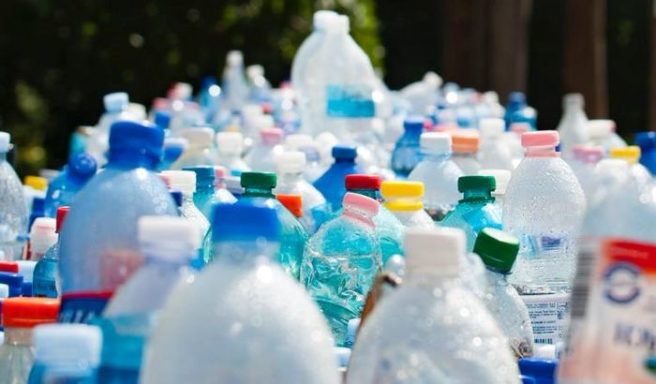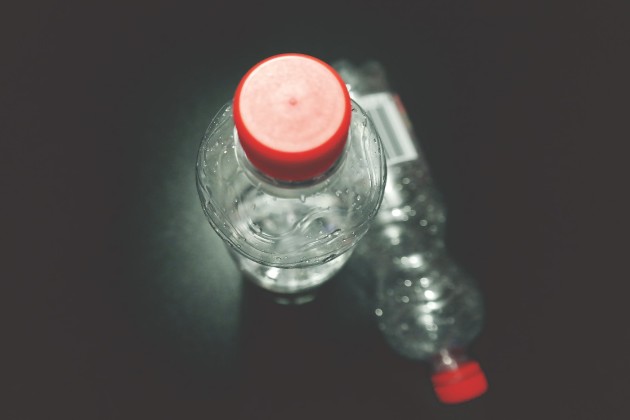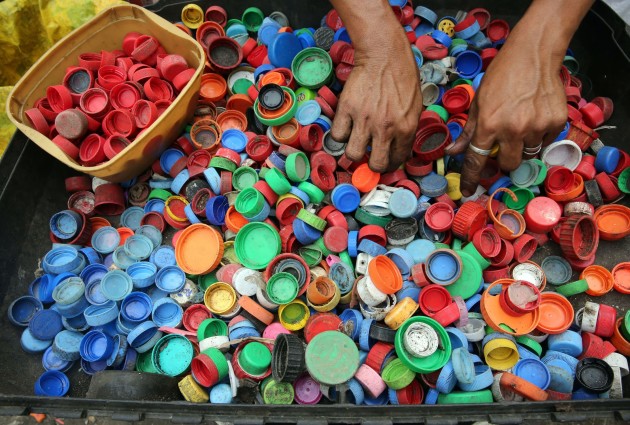
Scientists think new ‘plastic-eating’ enzyme could solve waste issues
Plastic waste is a massive issue for the environment, with tonnes of it entering our oceans and being dumped in landfills every day.
Scientists have discovered that an enzyme exists that breaks down plastic components in a matter of days, and there is hope that it could be utilised to alleviate the global plastic disposal issue.
'What we are hoping to do is use this enzyme to turn this plastic back into its original components, so we can literally recycle it back to plastic,' Prof John McGeehan, at the University of Portsmouth, told The Guardian.

'It means we won’t need to dig up any more oil and, fundamentally, it should reduce the amount of plastic in the environment.'
The enzyme, described as a 'mutant' was born from the plastic landfills of Japan, where it was discovered.
The enzyme digests the element polyethylene terephthalate, used in plastic bottles.

'There is strong potential to use enzyme technology to help with society's growing waste problem by breaking down some of the most commonly used plastics,' Oliver Jones, a chemistry expert at RMIT University in Melbourne told ABC.
We'll be sticking to our paper straws and reusable water bottles for now until this discovery is given the trial period it deserves.
Here's to hoping for a fully recyclable plastic future.









